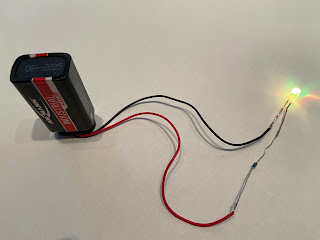Broadcom Bluetooth: Generating (not so?) random numbers

When looking into the most recent Bluetooth patches of the Samsung Galaxy Note 20 5G, I found something interesting. Once again, it's about the Random Number Generator (RNG). Jörn, Felix and me already published a WOOT paper about this last year. But there were some updates since then, which will be covered in this blog post. Oh, and it also contains assembly for the curious reverse engineer, additional honest opinions (I hope reviewer 2 will never find my blog), rants, and explanations for people who are new to Bluetooth. If you already saw the talk or read the paper, you might want to skip forward to "The unexpected patch". But you will miss some ranting!!!11! Why should anyone look into a random number generator? A RNG is one of those dragons that live deep inside the firmware or even hardware. Just don't look at them. Otherwise, something might break :) The Bluetooth Core Specification , currently at version 5.2, specifies that a Bluetooth chip has to provide a F...


